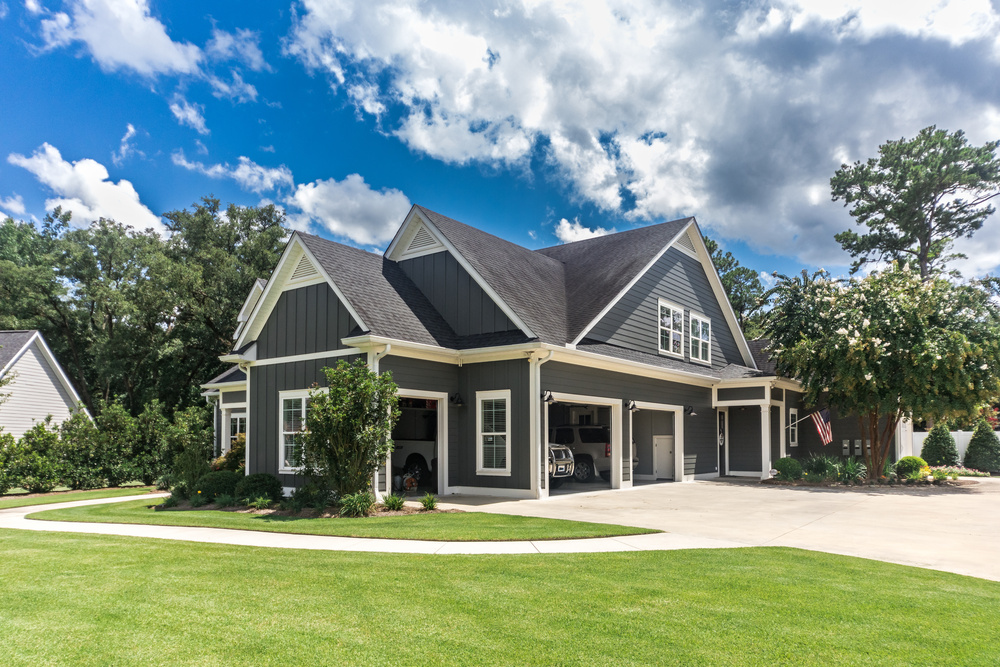Finding a new home can be a daunting task with many factors to consider, such as budget, size, and style. However, one aspect that is often overlooked is location. While it may seem like a minor detail, the location of your home can significantly impact your quality of life the day you move in.
This article will delve into the importance of considering location when searching for a new home. See, it can affect everything from your commute to your access to amenities and services.
Companies like Willing Property among many others provide house-hunters like you with great selections for future neighborhoods. For extra help with choosing, here are the reasons why the location matters for the place you’ll call home.

Amenities And Services
These refer to the various features and facilities available in the area surrounding a home. Places like supermarkets, schools, libraries, parks, and healthcare centers fall under this category.
Your proximity to these places can often affect how easily you can get the services you want in your chosen neighborhood.
For example, living close to a supermarket or grocery store can make running errands and buying the things you need more convenient. Similarly, living close to a school or library cuts a lot of travel time for you and your kids. A community with parks and other recreational facilities provides kids with a lot of much-needed mental and physical stimulation as well as spaces for the whole family to relax.
As you can tell by now, living in a home that’s too far from any of these places may not be a great idea.
Job Opportunities
It’s common for people to move because of a job. Try researching the openings in a specific area. If you manage to land one in a place that also offers great living options, you should consider finding a home that’s close to your workplace. This saves you a lot of time, money, and convenience as getting to your job and back becomes much easier.
Safety And Security
Safety matters when choosing a new home, as well. When choosing the ideal location for your new home, consider the following details:
- Crime rate: It’s vital to research the crime rate in the area surrounding a potential home. While no location is entirely crime-free, living in an area with a high crime rate naturally raises your risk of getting victimized and leaves you and your family in a permanent state of caution. That’s not something you should deliberately seek out for yourself and your loved ones.
- Natural disasters: Depending on the location, a home may be at risk of natural disasters such as earthquakes, floods, or hurricanes. Researching the likelihood of these events occurring in a particular area can help you make an informed decision about the safety of a potential new home. Of course, you can always prepare for these in light of the other perks of choosing a location. For example, sunny, tropical areas are prone to strong storms. In that case, you should have a home that’s designed to withstand extreme weather.
- Structural safety: It’s also important to consider the structural safety of a home. This includes evaluating the condition of the foundation, walls, roofing, and other essential features that make up a house. Local regulations may play a part here, so keep an eye out for them.
- Neighborhood safety: This includes looking at factors such as the presence of streetlights, the proximity of the home to main roads, surveillance measures, and the overall appearance and upkeep of the neighborhood.
Future Growth Potential
This talks about the potential for an area to experience economic, social, and demographic growth. This can be an essential consideration when choosing a new home, especially if you plan on staying in the home for a long time.
You may check some economic indicators such as how well businesses do in an area and how much properties usually cost. Good roads, public transportation, and utilities can also indicate that an area is equipped for growth.
Demographic trends are also something you may want to look at. A growing population and a diverse mix of residents can be signs of a thriving community.
This isn’t an exact science. What’s happening to a community now may not stay that way in the future. But it’s still something you should think about finding a new place to live.
Location, Location, Location Matters
From amenities and services to job opportunities, safety, and more, where you choose to live can significantly affect the quality of life and convenience of the residents. Take time to learn all about the location of a potential new home to see if it truly meets your needs and preferences. Only then can you can make an informed, confident decision on whether to live there or not.